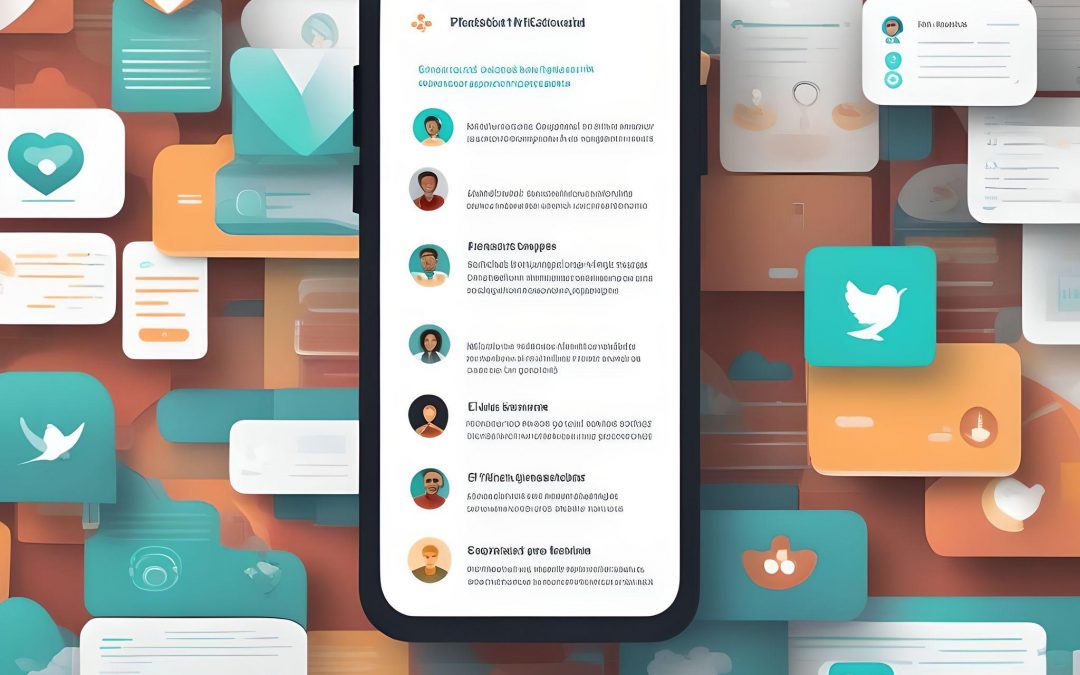In the ever-evolving landscape of healthcare communication, selecting the right messaging platform is paramount, especially when considering the stringent requirements of the Health Insurance Portability and Accountability Act (HIPAA). Among the contenders, Rocket Chat and Buzz emerge as notable players, each offering distinct features and advantages. While Rocket Chat boasts open-source flexibility and a supportive community, Buzz takes a specialized approach, being purpose-built for healthcare communication with a focus on out-of-the-box HIPAA compliance. This comparison of Buzz vs. Rocket.Chat aims to dissect the strengths of both platforms, shedding light on their capabilities and how well they cater to the unique demands of secure and compliant messaging within the healthcare sector.
Key Features of Buzz:
HIPAA Compliance:
Buzz emphasizes its commitment to HIPAA compliance, providing healthcare organizations with a platform that aligns with the stringent security and privacy standards mandated by HIPAA.
End-to-End Encryption:
The platform employs end-to-end encryption to ensure that sensitive healthcare information, such as patient data and medical records, is secure during transmission. This encryption method helps prevent unauthorized access to confidential data.
Message Recall and Remote Wipe:
Buzz includes features such as message recall and remote wipe, offering healthcare professionals greater control over the information shared within the platform. These features contribute to data security and privacy management.
Buzz Messaging Integrates with EHR Systems:
Buzz may offer seamless integration with Electronic Health Record (EHR) systems. This integration enhances workflow efficiency by allowing healthcare providers to access and share patient information within the messaging platform.
Buzz is Dedicated to Healthcare Communication:
Unlike generic messaging apps, Buzz is tailored specifically for healthcare communication. This specialization means that the platform understands and addresses the unique challenges and requirements of the healthcare industry.
Vendor Support:
As a dedicated healthcare communication solution, Buzz likely provides specialized support for healthcare organizations. This support can be crucial in navigating compliance issues and addressing any challenges that may arise during implementation.
What is Rocket Chat?
Open Source:
Rocket Chat is an open-source platform, which means you have the flexibility to customize and modify the source code to meet specific requirements.
Customization:
Offers a high level of customization, allowing organizations to tailor the messaging app according to their needs.
Community Support:
Being open source, it benefits from a large community of developers and users, providing support and updates.
HIPAA Compliance:
While Rocket Chat provides the tools for secure communication, achieving HIPAA compliance depends on how it is configured, hosted, and managed.
In comparing Rocket Chat and Buzz for healthcare messaging, both platforms offer distinct advantages. Rocket Chat is an open-source platform with high customization and community support, while Buzz stands out as a dedicated healthcare communication solution claiming out-of-the-box HIPAA compliance.
Rocket Chat’s strengths lie in its open-source nature, allowing extensive customization and benefiting from a large community for support. However, achieving HIPAA compliance with Rocket Chat depends on proper configuration, hosting, and management.
On the other hand, Buzz is purpose-built for healthcare, emphasizing HIPAA compliance from the start. It features end-to-end encryption, message recall, and integration with Electronic Health Record (EHR) systems. Additionally, Buzz offers specialized vendor support, addressing healthcare-specific compliance issues.
Considering the healthcare industry’s unique needs, Buzz’s specialized design, security features, and vendor support position it as a strong contender for healthcare messaging, potentially making it the preferred choice for organizations seeking a comprehensive and compliant solution.
Trivia: The Health Insurance Portability and Accountability Act (HIPAA) was created on August 21, 1996. It was signed into law by President Bill Clinton with the primary objectives of improving the efficiency and effectiveness of the healthcare system, ensuring the portability of health insurance coverage, and enhancing the protection of patient health information through privacy and security measures.

